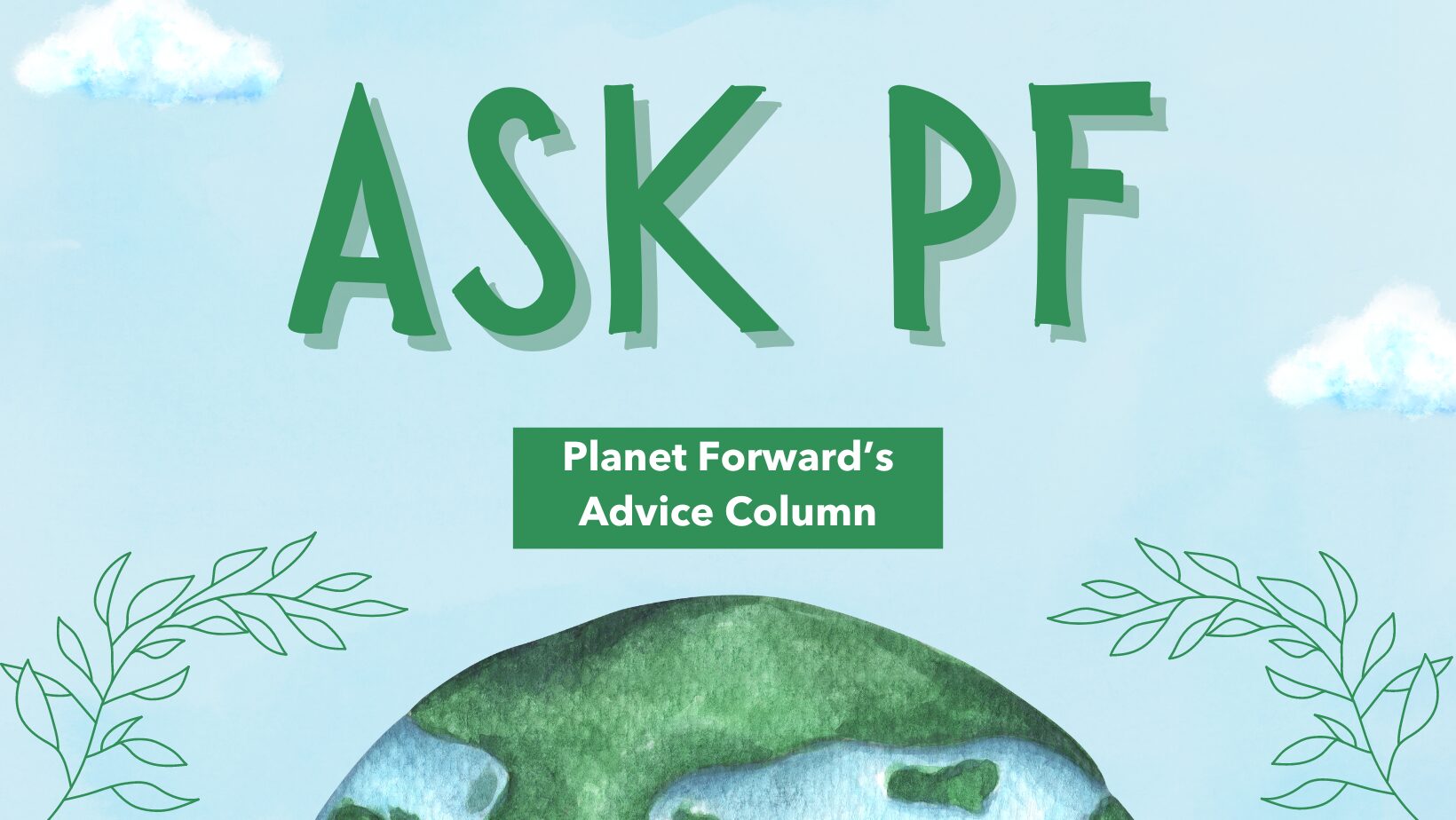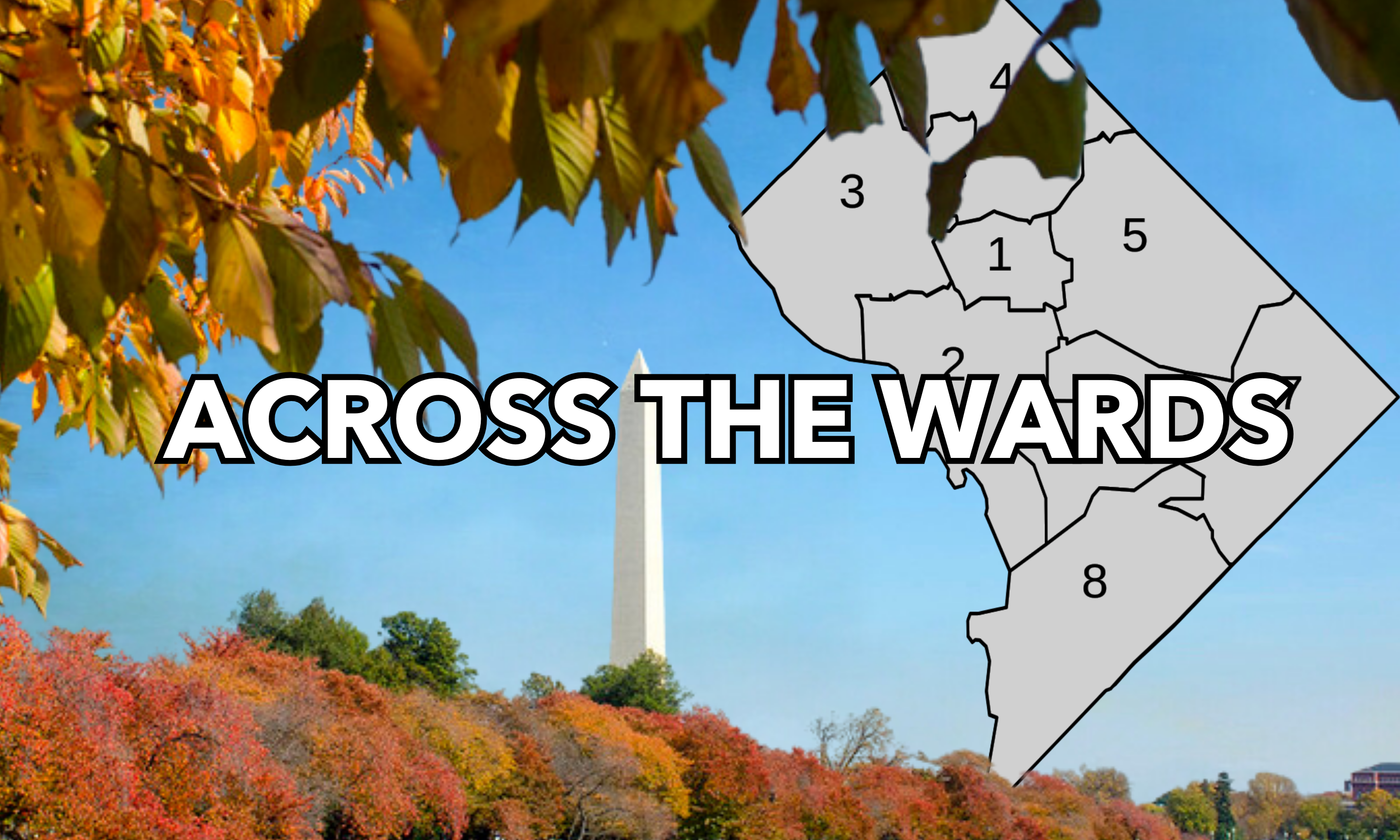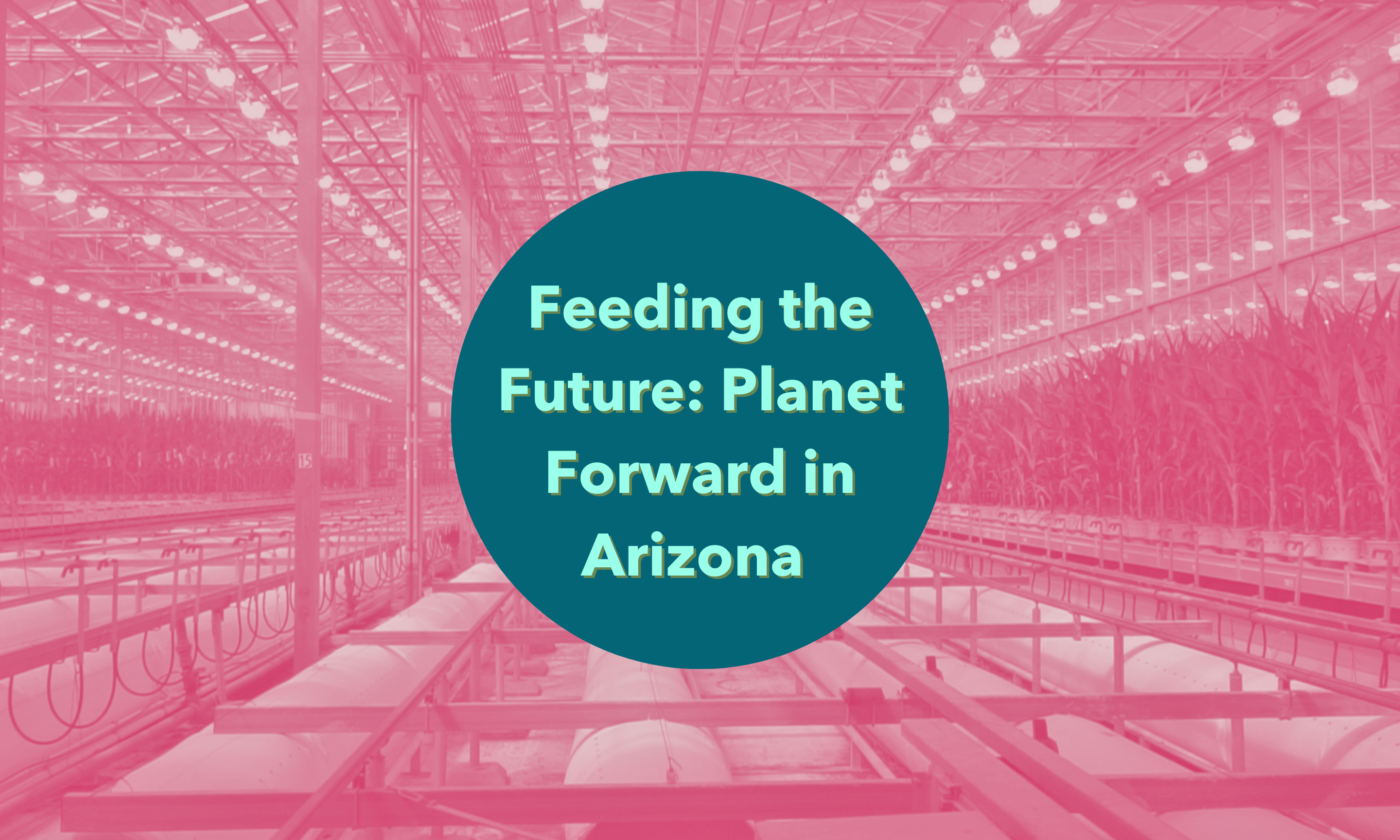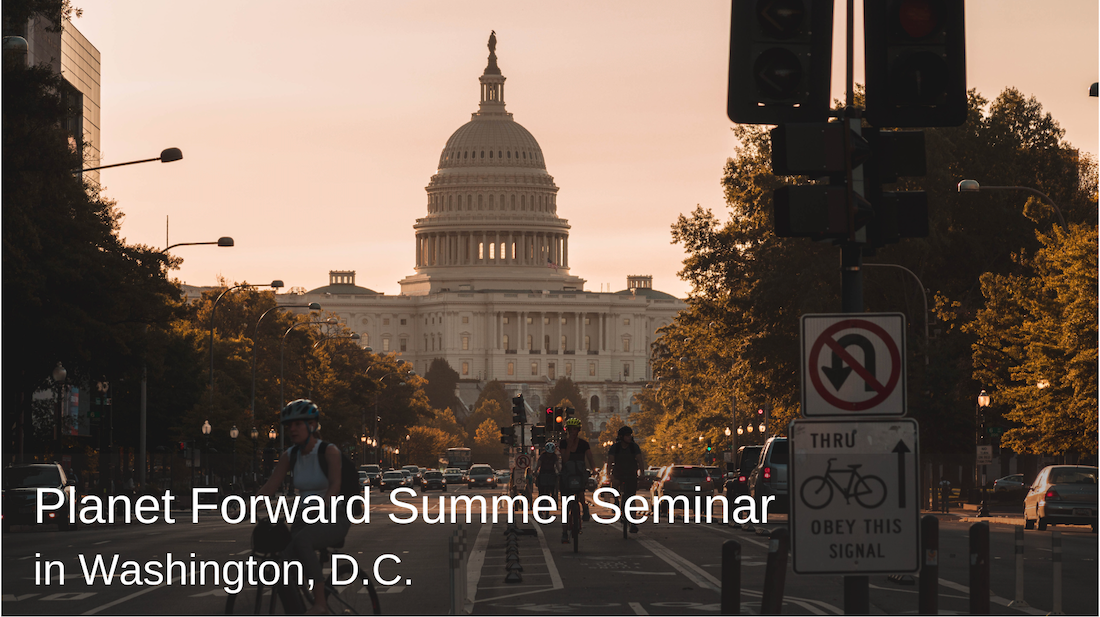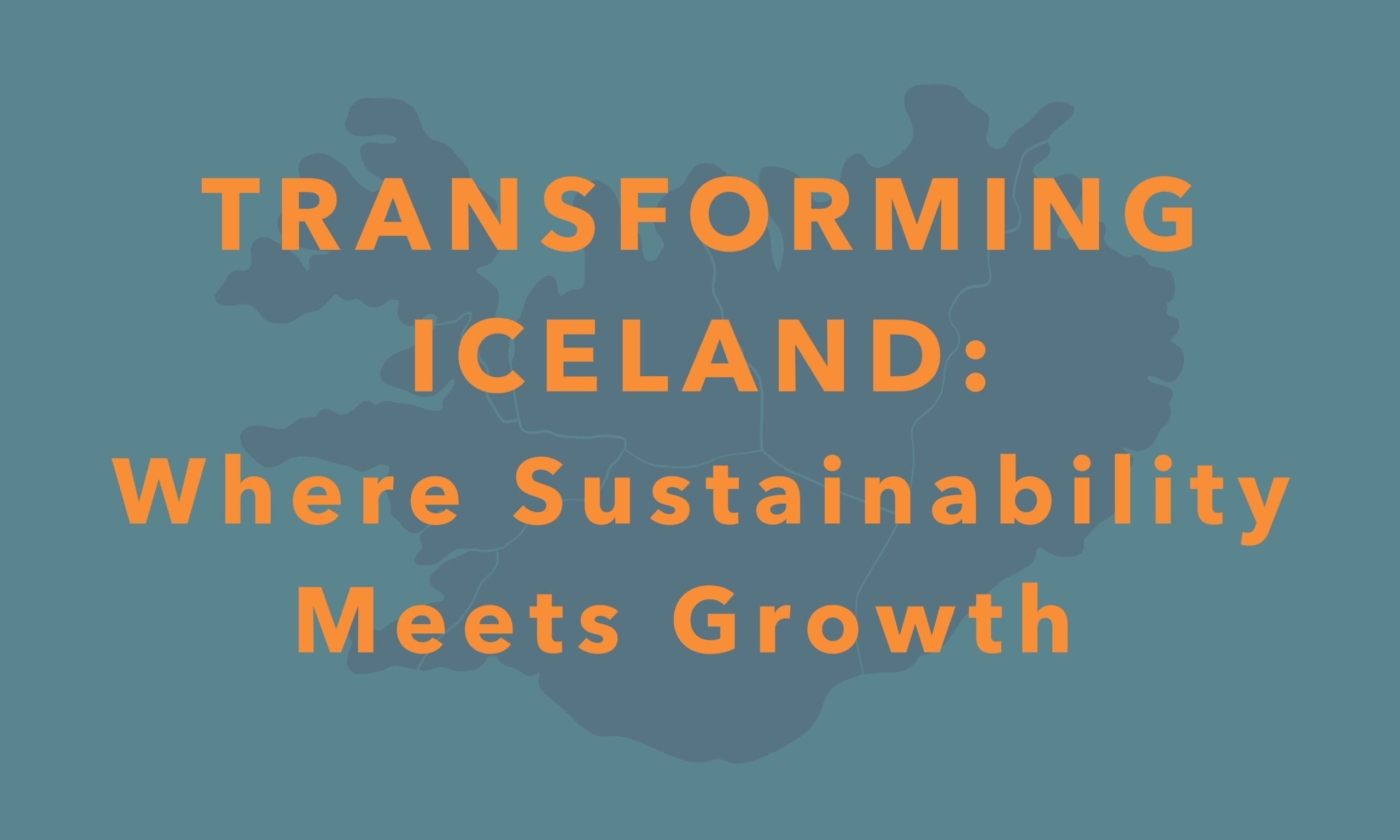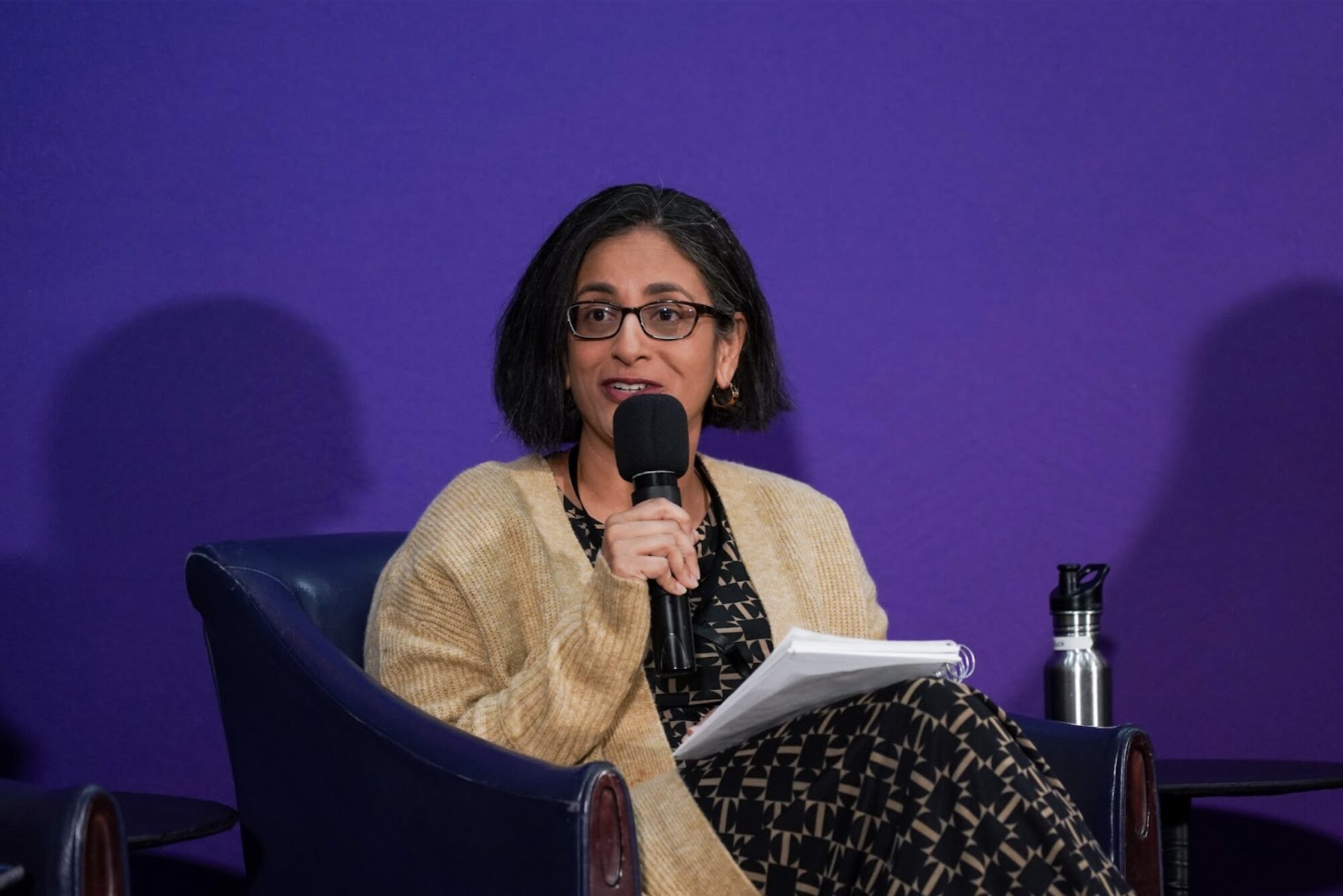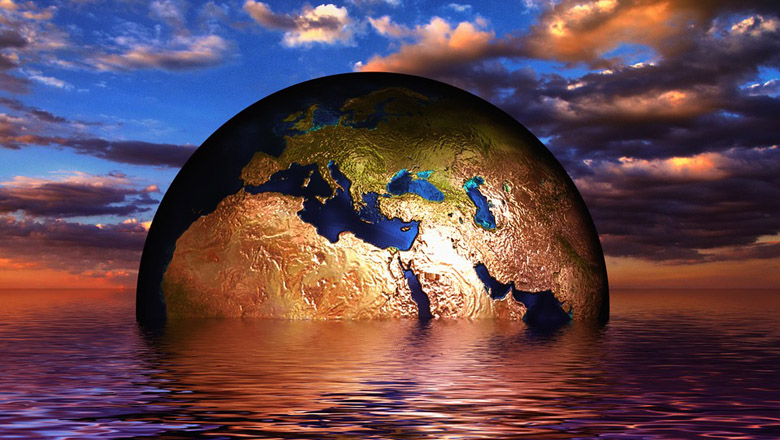
Is Global Warming Fake, or is Climate Change Real?

By Jean Vozella
Planet Forward Intern/American University
When you hear the startling fact that 2015 was the hottest year on record, you may feel a little daunted and wonder: how, why and what does this mean? Four different environmental agencies — two from the U.S., one from Britain, and one from Japan — have reported 2015 had the highest average surface temperature since scientists first began recording these statistics in the 19th century. Some people may say this is proof enough of “global warming” and demand immediate action. Others may be like this guy:
This sort of “armchair meteorology” is very common, and critics often use snowstorms and cold spells as hard evidence when trying to disprove global warming. This issue all comes down to public relations — and how we have learned to talk about the issue; the phrase “global warming,” though at times effective, narrows down environmental issues to simply: hot or cold? However, many people may be, and should be, still unsure of where they stand on the state of our environment, especially as it relates to political policy and debate. Right now, climate change is having a PR problem due to some confusing rhetoric: “global warming” vs. “climate change.”
A recent study conducted at Yale University used a sample group to test the different associations and interpretations of the phrases “global warming” and “climate change.” They found that “global warming” was associated with topics like ozone and ice melt, and generally created a sense of urgency or in some cases doubt. Popular films and viral images often draw attention to the heating part of climate change and create the impression that we are hurtling down an irreversible path, however it may be more accurate to to view global warming a small piece of a larger climate change puzzle.
“Climate change” is a more scientifically accurate and accepted term, nor it does spur the same sort of fanaticism and controversy as the term “global warming.” Thinking of our planet in terms “climate change” may actually benefit those struggling to understand the science and logic behind what is going on in our atmosphere. The study conducted by Yale University from 2004 to 2014 found that “global warming” and “climate change” mean similar things but are not used equally or synonymously. Americans are more than twice as likely to hear “global warming” being used in public discussion and “global warming” has more negative connotations and tends to be more associated with human pollution. Although the term “climate change” was found to be less engaging, it is more encompassing of the various factors and events taking place in our environment.
(Photo by Mila Zinkova/Creative Commons)
“Climate change” can help environmental advocates better explain patterns of cooling over the past decade as well as provide a way to link seemingly unrelated weather events throughout the globe. Climate change can be a regional issue, rather than a global one that has international policymakers stalled. Climate change expands one’s thinking to process the way human activity and natural weather patterns on earth interact and eventually manifest. Since 2010 we’ve seen 13 of the 15 hottest years on record, according to The Guardian, and we know the Pacific Ocean is likely reentering its warming phase, it’s safe to say the globe may keep warming and the climate will keep changing.
So although warming is a part of the issue, it does more than melt ice caps and kill polar bears. This is where the term “climate change” may be more effective and scientifically accurate. Warmer weather means more intense hurricanes are created out at sea, it also means more intense storms on the coast because vapor is held in the air more easily. Hotter water expands and can cause flooding in coastal regions and kill off marine life. In order to have a more productive conversation, we need to move away from the term that narrows the issue down to “yes” or “no” and start looking at the “how” and “why.”
(Image at top courtesy Pixabay)



